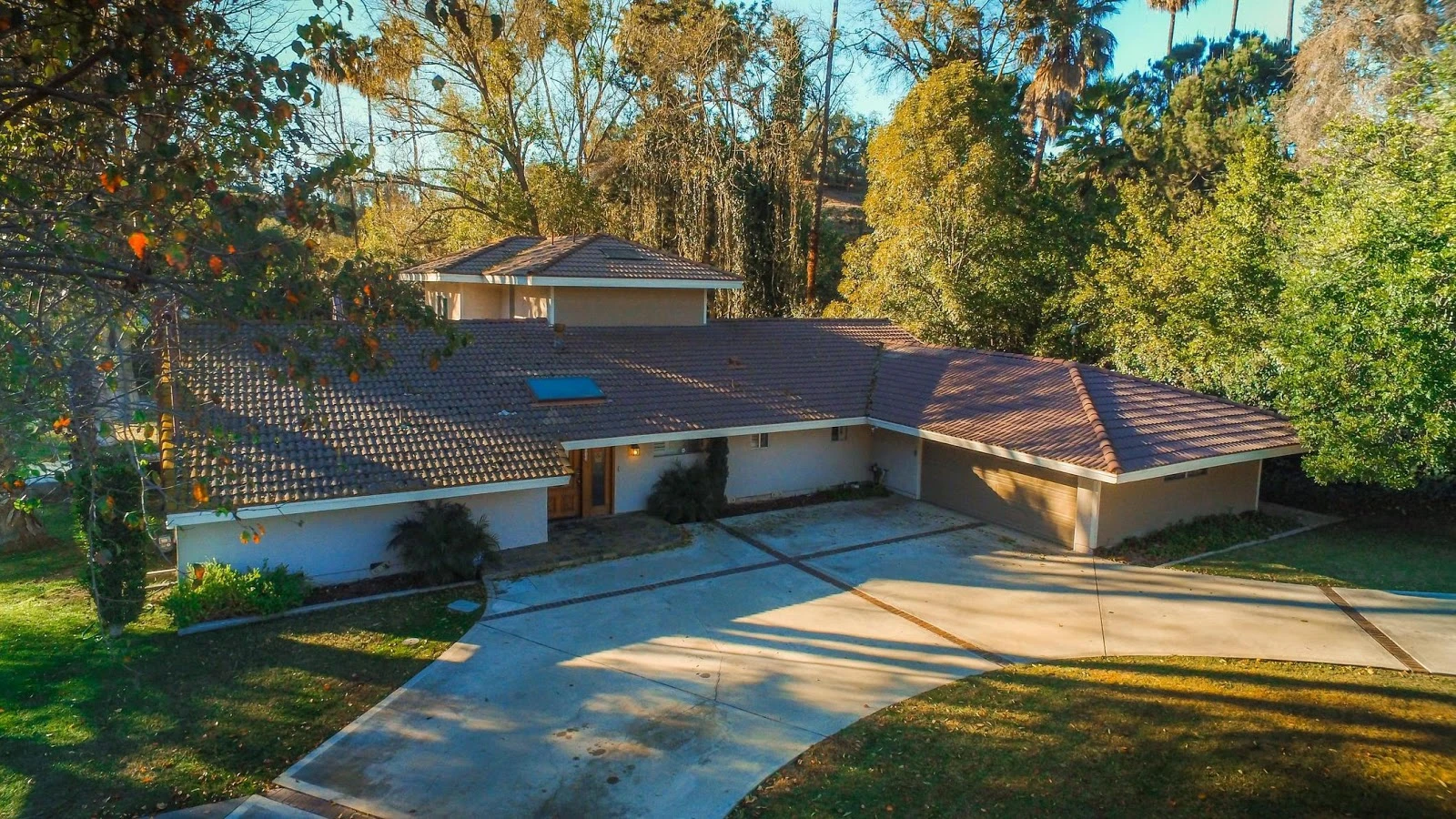Since 1997, Discovery Mood & Anxiety Program has provided a comprehensive range of services, including residential treatment for individuals aged 11 to 17, available 24 hours a day, 7 days a week. The facility also features a robust school support program, ensuring that educational needs are met alongside mental health care. They offer tailored treatment plans to address a variety of mental health conditions, ensuring personalized care for each individual. Accredited by The Joint Commission, Discovery Mood & Anxiety Program adheres to the highest standards of care and safety, ensuring effective and compassionate treatment for all clients.
Discovery Mood & Anxiety Program - Stamford Information
Treatment
Who We Treat
- Teens / Adolescents
- Adolescents
- Male and Female
Treatment Focus
- Adolescents
- Anxiety
- Depression
- Trauma
Approaches
- Individual Treatment
- Evidence-Based
- Family Involvement
- Group Therapy
- Acceptance and Commitment Therapy (ACT)
- Non 12 Step
- Cognitive Behavioral Therapy (CBT)
- Dialectical Behavior Therapy (DBT)
- 1-on-1 Counseling
- Life Skills Training
Conditions We Treat
- Depression
- Anxiety
- Bipolar Disorder
- Trauma
- Suicidal Thoughts
- Self-Harm
- Bipolar
- Suicidality
- Co-Occurring Disorders
Languages
- English
Aftercare
- Aftercare App
- Alumni Events & Get-Togethers
Experience
On-Site Amenities
- Access to Nature
- Basketball Court
Personal Amenities
- Shared Rooms
On-Site Activities
- Games
- Reading
Special Considerations
- Family Program
Additional Locations
Discovery Mood & Anxiety Program - Stamford Accepts The Following Insurance Plans
Find the best treatment options. Call our free and confidential helpline today!











